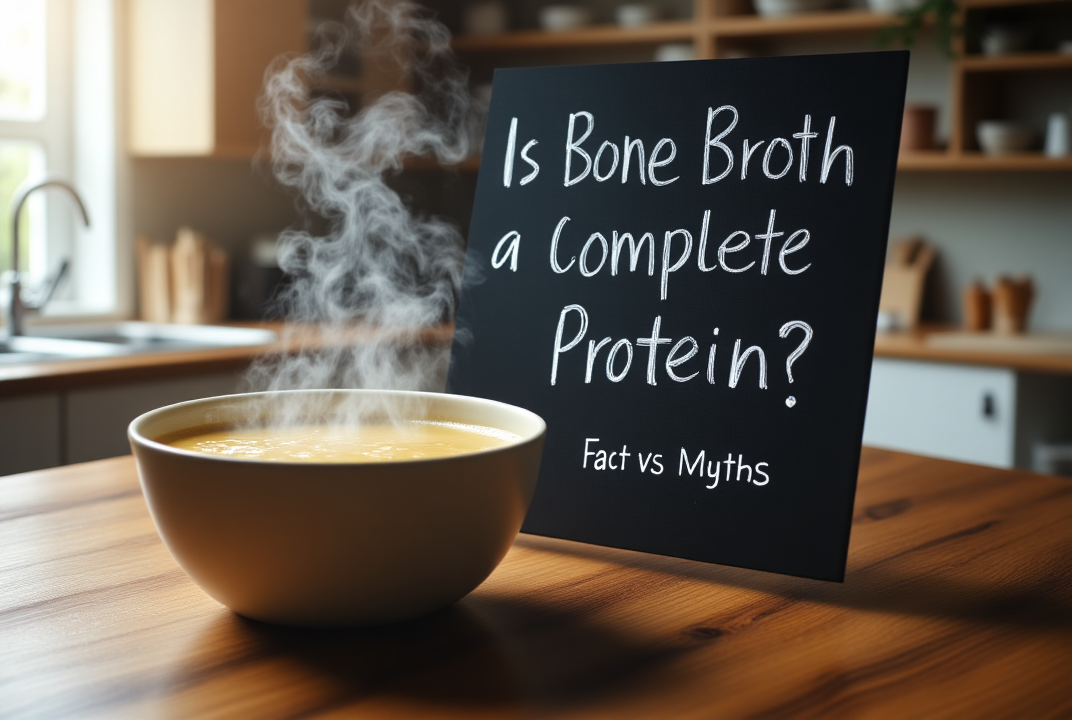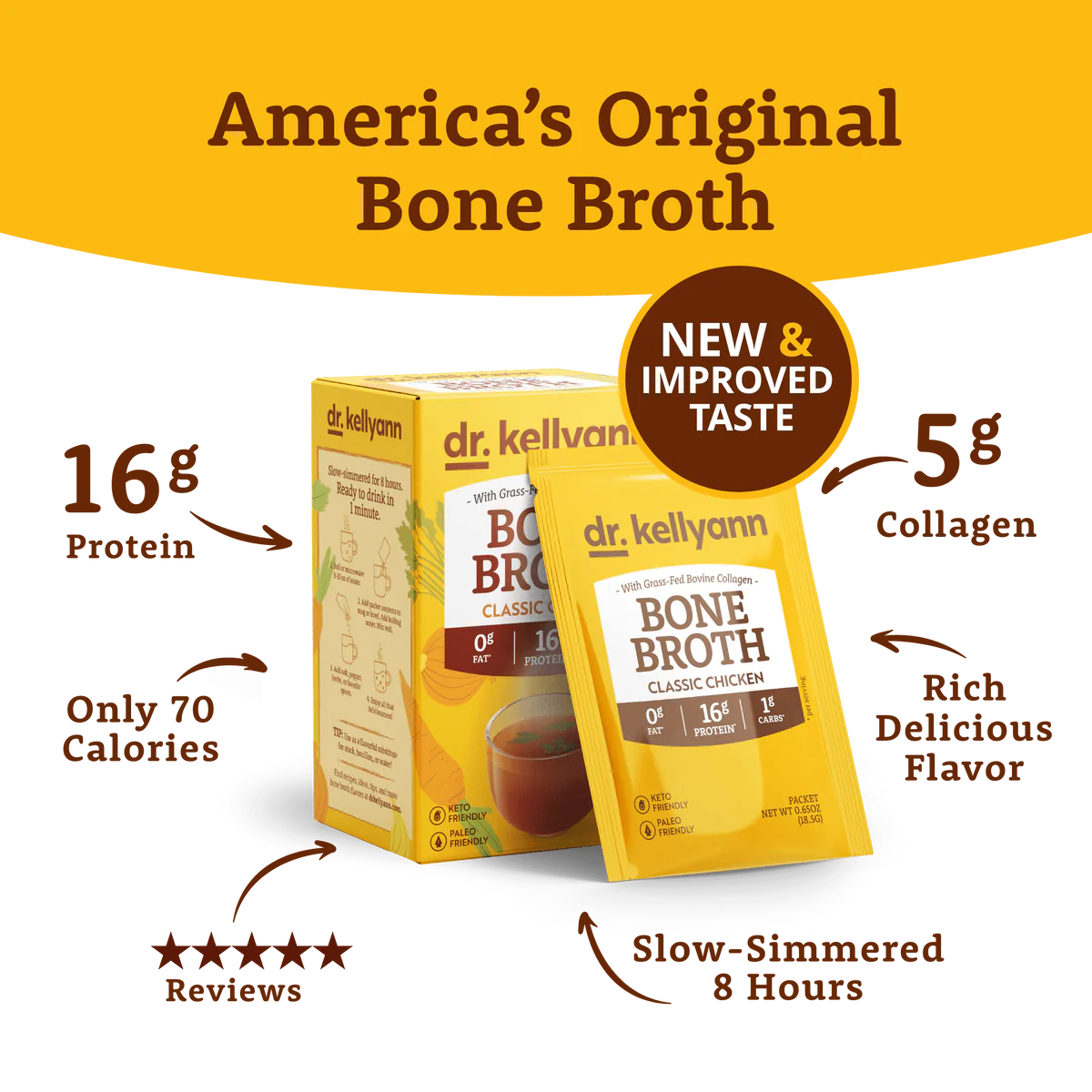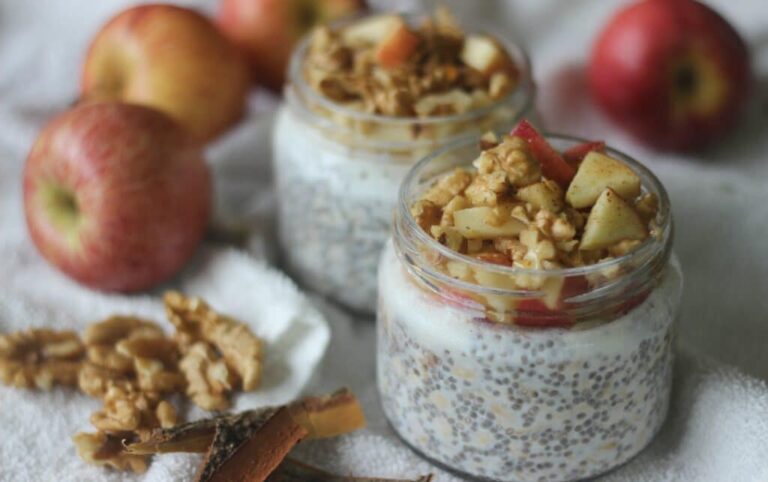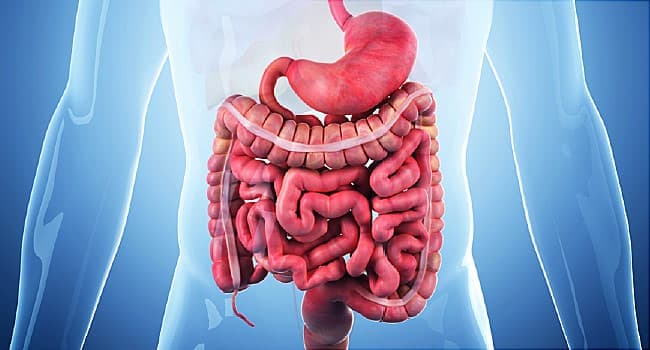
Bone broth has surged in popularity among fitness enthusiasts and wellness seekers alike, praised for its comforting flavor and potential health benefits. Yet, a common question lingers: is bone broth a complete protein source, or does it fall short compared to options like whey or eggs? If you’re striving to meet your daily protein goals or simply want to make informed choices about your nutrition, understanding the science behind bone broth’s amino acid profile is key. Dive in as we debunk myths and clarify what bone broth really brings to the table.
What Is a Complete Protein?
A complete protein is a food source that contains all nine essential amino acids in sufficient quantities, which the human body cannot produce on its own and must obtain from the diet. These amino acids are crucial for building and repairing tissues, supporting immune function, and maintaining overall health. While many animal-based proteins like eggs, dairy, meat, and fish are considered complete, most plant-based proteins lack one or more essential amino acids. Understanding what makes a protein “complete” helps individuals make informed choices about their nutrition, especially when aiming to meet daily protein needs for muscle maintenance, energy, and optimal wellness.
What Are the Nine Essential Amino Acids?
- Histidine: Important for growth, tissue repair, and the production of histamine, a neurotransmitter involved in immune response and digestion.
- Isoleucine: Supports muscle metabolism, energy regulation, and immune function.
- Leucine: Plays a key role in muscle protein synthesis, tissue repair, and regulating blood sugar levels.
- Lysine: Essential for collagen formation, calcium absorption, and hormone production.
- Methionine: Supports metabolism, detoxification, and the absorption of zinc and selenium.
- Phenylalanine: Precursor for neurotransmitters like dopamine and norepinephrine, supporting brain function and mood.
- Threonine: Important for healthy skin, connective tissues, and immune system function.
- Tryptophan: Needed for the production of serotonin, which regulates mood, sleep, and appetite.
- Valine: Supports muscle growth, tissue repair, and energy production.
Is Bone Broth a Complete Protein?
Bone broth is not considered a complete protein because, while it does contain all nine essential amino acids, it does not provide them in the optimal amounts required for a protein source to be classified as “complete.” The primary protein in bone broth is collagen, which is rich in amino acids like glycine and proline but relatively low in essential amino acids such as tryptophan and methionine. This means that while bone broth can contribute valuable protein and support joint, skin, and gut health, it should be complemented with other protein sources to ensure you’re meeting your body’s full spectrum of essential amino acid needs.
Complete Protein Facts vs Myths
|
Fact or Myth |
Statement |
Explanation |
|
Fact |
Complete proteins contain all nine essential amino acids. |
To be classified as “complete,” a protein source must provide all nine essential amino acids. |
|
Myth |
All animal-based proteins are always complete. |
While most animal proteins are complete, some (like gelatin) are not due to missing amino acids. |
|
Myth |
Bone broth is a complete protein. |
Bone broth contains all essential amino acids but not in sufficient amounts to be considered complete. |
|
Fact |
Combining different protein sources can create a complete amino acid profile. |
Pairing foods like grains and legumes can provide all essential amino acids for a complete protein. |
|
Myth |
You must get all essential amino acids in every meal. |
As long as you eat a variety of protein sources throughout the day, your body can combine them. |
|
Fact |
Collagen is not a complete protein. |
Collagen, the main protein in bone broth, lacks adequate amounts of some essential amino acids. |
Which Amino Acids Is Bone Broth Rich In?
Bone broth is especially rich in the amino acids glycine, proline, and hydroxyproline, which are abundant in collagen—the primary protein released from simmering animal bones and connective tissues. These amino acids play a vital role in supporting joint health, skin elasticity, and gut lining integrity. While bone broth does contain other amino acids, its unique strength lies in providing these collagen-building blocks, which are less prevalent in typical muscle meats or plant-based proteins. This makes bone broth a valuable addition to a balanced diet, particularly for those seeking to support connective tissue health and overall wellness.
Can Bone Broth Still Contribute to Your Daily Protein Needs Even If It’s Not “Complete”?
Absolutely—bone broth can still play a valuable role in meeting your daily protein needs, even though it isn’t classified as a complete protein. Its rich supply of collagen-derived amino acids supports joint, skin, and gut health, and can complement other protein sources in your diet. By pairing bone broth with a variety of other protein-rich foods—such as eggs, legumes, dairy, or lean meats—you can ensure your body receives all the essential amino acids it requires. Incorporating bone broth into your routine adds nutritional diversity and can help you reach your protein goals while also delivering unique health benefits not found in other protein sources.
What Foods Can You Pair With Bone Broth to Achieve a Complete Amino Acid Profile?
To achieve a complete amino acid profile when enjoying bone broth, pair it with protein-rich foods that supply the essential amino acids bone broth lacks. Excellent options include eggs, dairy products like Greek yogurt or cheese, lean meats such as chicken or turkey, fish, or plant-based sources like beans, lentils, and quinoa. These foods complement the amino acid content of bone broth, ensuring your body receives all nine essential amino acids necessary for optimal health. By combining bone broth with a variety of these nutrient-dense foods, you can create balanced meals that support muscle repair, immune function, and overall wellness.
Bone Broth Diet Tips
- Pair with Complete Proteins: Combine bone broth with eggs, lean meats, or legumes to ensure you’re getting all essential amino acids in your meals.
- Use as a Base for Soups and Stews: Enhance the nutritional value of your favorite soups, stews, or chili by using bone broth as the cooking liquid.
- Sip Between Meals: Enjoy a warm cup of bone broth as a nourishing snack that supports hydration and curbs cravings without excess calories.
- Add to Smoothies: For a protein and collagen boost, blend cooled bone broth into savory smoothies or protein shakes.
- Incorporate into Cooking: Use bone broth to cook grains like rice or quinoa, or to sauté vegetables, infusing your dishes with extra flavor and nutrients.
Conclusion
Bone broth may not qualify as a complete protein, but it remains a powerful addition to a balanced diet thanks to its unique amino acid profile and health benefits. While it lacks sufficient amounts of certain essential amino acids, pairing bone broth with other protein-rich foods easily fills those nutritional gaps. Whether you’re seeking joint support, gut health, or simply a nourishing way to boost your protein intake, bone broth offers versatility and wellness advantages that go beyond its protein content. By understanding how bone broth fits into your overall nutrition plan, you can make informed choices that support your health goals and enjoy the best of both worlds—flavor and function.
Final Thoughts
Looking for a way to make your bone broth both satisfying and supportive of your health goals? Discover Dr. Kellyann’s best sellers, where you’ll find premium bone broths like chicken, beef, and french onion to create a nourishing foundation. For ramen aficionados, the Ramen Beef Bone Broth is a must-try, and you can also enjoy delicious chocolate and vanilla shakes from Dr. Kellyann’s collection. Give your ramen and daily nutrition a boost with the trusted options from Dr. Kellyann’s.
Sources
- https://www.health.com/nutrition/what-is-a-complete-protein
- https://www.westmont.edu/sites/default/files/users/user1231/V19No4/Nick%20Flynn_final.pdf
- https://www.realsimple.com/complete-protein-foods-6891861







